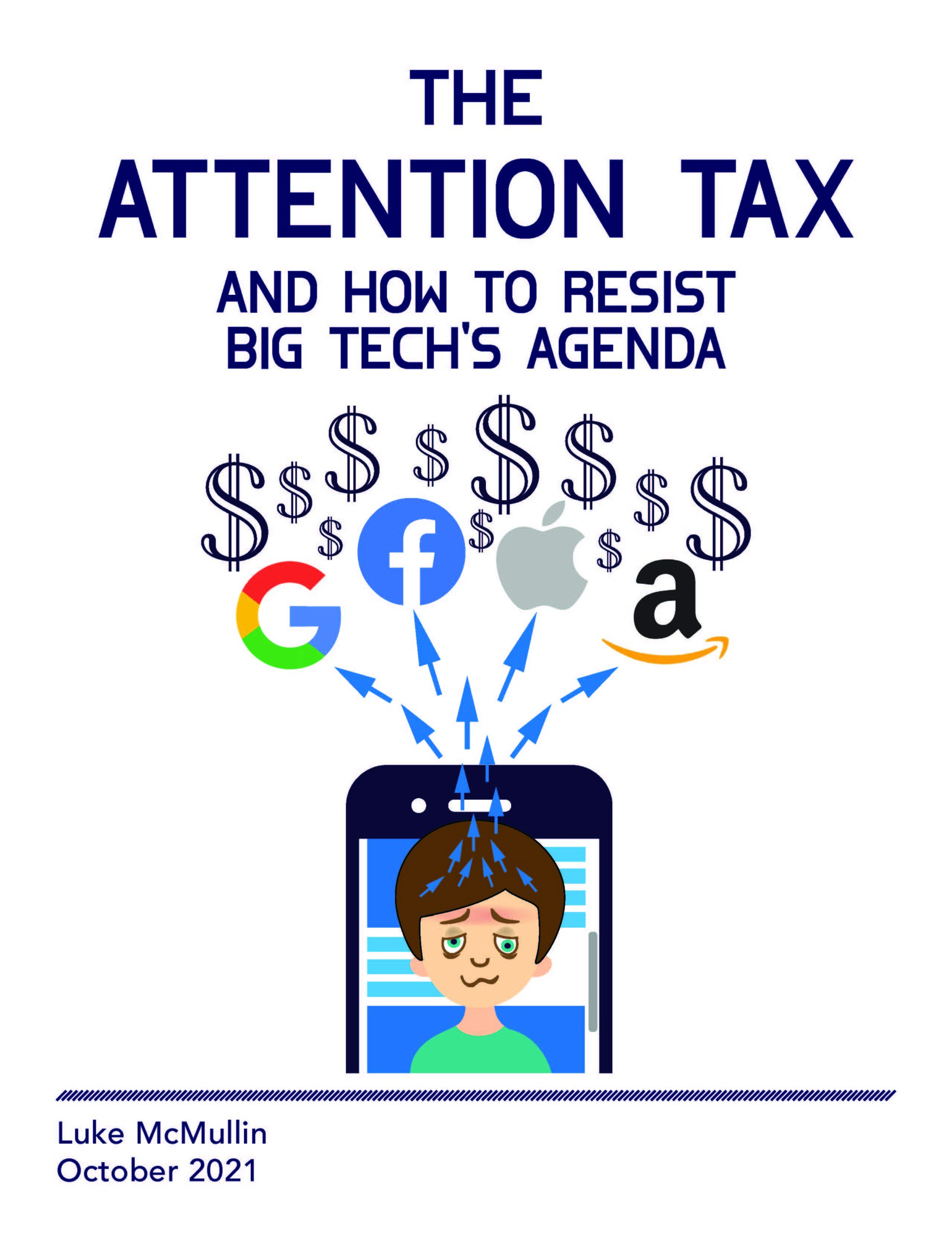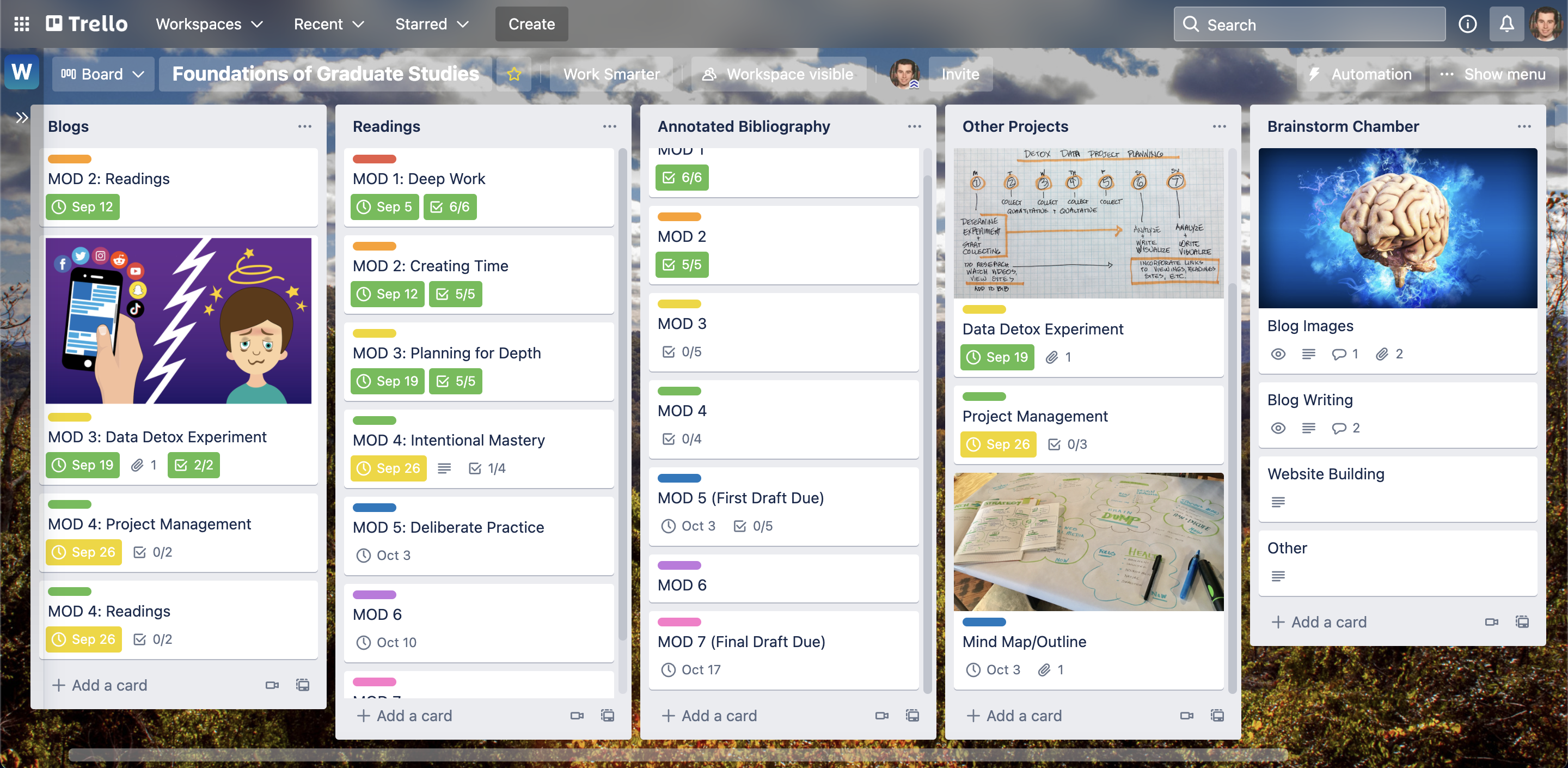
Introduction
I’ll admit it: it’s like a drug. One that is very difficult to wean off of, actually. I open Twitter and scroll on my home feed, perhaps be mildly captivated by a post of interest, interact with that post, and then continue to scroll. Maybe I’ll tweet what’s on my mind. Maybe I’ll change my layout. But most importantly, I scroll to look for the next slight form of gratification. And then before I even realize, it’s been a few hours. I could have sworn that I just opened the app 5 minutes ago, but alas. Now that I think of it, this, in joint with other apps I use for similar purposes, add up to a shitload of wasted time—just scrolling mindlessly.
In fact, blogger Hossein Derakhshan puts this phenomenon into coherent words in this article. Derakhshan identifies a philosophy which he calls “The Stream” that social media companies purposely implement, where users are fed by a nonstop flow of shallow information that is tailored to the users’ interests through complex algorithms. So perhaps I have succumbed to the grip of The Stream in certain ways, and I am having difficulty escaping it.
To make matters worse, it is a gross habit of mine to just pick up my phone—with or without a specific purpose—and just do something with it, especially something involving these apps that encourage The Stream.
Furthermore, Jean M. Twenge argues in her assessment that adolescents today are more likely to develop symptoms of depression as a result of excessive smartphone usage; and she even goes as far as claiming that “all screen activities are linked to less happiness.” While I am no longer an adolescent, this argument could still apply to me. After all, my social media usage did skyrocket since the beginning of the COVID-19 pandemic, and me being asocial in the first place made this seem plausible. I was also in fact diagnosed with depression earlier this year and I am currently on antidepressants as a remedy.
This being said, Lydia Denworth presents a compelling counterargument in her article for Scientific American Vol. 321 Issue 5, emphasizing that Twenge’s claim is an overstatement, that correlation does not equal causation, and that there is a lot more nuance and factors to be explored.
In my personal experience, social media can be a cesspool of shallow yet addicting content, trivial disputes, depressing news, cringe-worthy posts, and weird outrage depending on how you use it and what you expose yourself to. Yet at the same time, I can always close the app and put the phone down, and it will all disappear. Hence, I think that social media usage could potentially have an effect on my mood and attitudes of the world; but conversely, my usage could be a result of my lingering depression as well.
In the following experiment, I attempt to go on a social media detox to identify where my excessive social media usage is coming from.
The Hypothesis
If I abstained from or ‘fasted’ these apps that encourage mindless scrolling for a set period of time, then I will decrease my phone usage and learn to balance it, improve my mood, and be able to develop a different and better outlook on social media and life itself.
Time to Detox
For this experiment, I decided to abstain from using the apps that encourage my mindless scrolling behavior the most: Twitter, Instagram, Facebook, Reddit, Snapchat, and Tiktok. Although these apps also implement the mindless beast of The Stream, I excluded YouTube and LinkedIn from this experiment due to educational purposes, and Discord to keep in contact with friends (also so I don’t get bored to tears). This experiment would take place over a period of 5 days.
Loosely inspired by Nicholas Felton’s self-data experiment, I decided to give context to my data through apps as well as detailed descriptions of my days. Using the app OffScreen, I tracked my total daily screen time and the amount of times I picked up (unlocked) my phone. Because mindless scrolling is mindless by nature, I presumed that there would be times when I cave and open the apps I am supposed to abstain from as a matter of involuntary habit and forgetfulness. Therefore, whenever I opened those apps, I would tally the fact that I opened them and for how long. Also, for each day, I composed a list of general qualitative notes about what I was doing that day and how I was reacting to the social media fast.
To give an idea of what a figure would be like outside of this detox experiment, the Monday prior I spent a total of 5 hours and 9 minutes on my phone, with 44 pickups. This is a little above average, and it was a slow day, but nonetheless it is still a lot.
Qualitative Notes
- Tuesday 9/14—— Two zoom meetings, reading for class, felt bored during free time
- Wednesday 9/15—— Applying to jobs, reading for class, felt more fidgety
- Thursday 9/16—— Felt less fidgety, less anxious, ran errands, played pc games with friends
- Friday 9/17—— Played pc games with friends, broke fast to search twitter for a specific post
- Saturday 9/18—— At a family gathering, socially drained afterwards, tempted to use the abstained apps but only quickly opened them and closed them a few times
Quantitative Data
| DAY OF WEEK | DAILY SCREEN TIME | AMOUNT OF PHONE PICKUPS | AMOUNT OF TIMES ABSTAINED APPS OPENED | TOTAL AMOUNT OF TIME SPENT ON ABSTAINED APPS |
|---|---|---|---|---|
| TUE 9/14 | 1hr57m | 44 | 3 | 4m |
| WED 9/15 | 33m | 27 | 3 | 3m |
| THU 9/16 | 39m | 25 | 1 | 1m |
| FRI 9/17 | 1hr10m* | 33 | 2 | 7m |
| SAT 9/18 | 45m | 27 | 3 | 4m |


Analysis
Based on the numbers collected and the descriptive notes, I did decrease my overall phone usage as well as phone pickups, as predicted in my hypothesis (despite the plateau after day 2). As for my mood, I generally felt bored and a little fidgety, at least initially. It got better, and I did feel less anxious, but I still desired to go back to those apps at least for a short period of time to see what I missed. I even caved a few times, even though the apps were only opened for a very brief period of time. Additionally, when the experiment ended, I opened Twitter and used it for a half hour.
So did I learn anything from this experiment, or did I just tune it out and go back to my old ways afterwards? Actually, I did learn quite a bit. Because I did report less anxiousness, I felt that I could scale back on my usage a bit. I was also able to assess the way my mind approached these apps.
But the big questions remain: is social media in essence the problem? Or is something more abstract the culprit to my excessive usage and mood? Actually, Cal Newport, in his novel Deep Work, brings up an interesting point about life’s experiences. He claims that people tend to put too much weight on their feelings being determined by their overall circumstances; however, what contradicts this perspective is that humans by nature tend to feel from, and ultimately build their world-views on, what they decide to “pay attention to” (77). Applying his theory to my social media habits, perhaps it is the way I am using these platforms, and my state of mind during and after usage, that are contributing factors to my mood and outlook, rather than social media itself.
In fact, Denworth does suggest something like this. She quotes the findings of a researcher at Stanford University, who states that “the more you believe you are in control over your social media, the more social support you have, the less depression you report, the less stress, the less social anxiety, regardless of how much you’re actually saying you use social media.” This is much more nuanced and believable, in my opinion, than concluding that social media equals bad.
Conclusion
All in all, I likely don’t need to wean off of these infinitely scrollable social media apps entirely in order to improve my mood and outlook, but instead I should scale back on them and approach them with a different mindset when I do use them. A good mindset from here on could go something like this:
I am the ultimate controller of my apps and how I react to what happens on them. Neither the apps nor the phone control me. These apps are merely for shallow entertainment and social connections. If I become overwhelmed or stressed, then I can easily close the app, put the phone down, and shift my attention to something else. This is my life, not the tech companies’ or the social media influencers’. If I need my mind to focus on more important tasks or on my own mental health, then I have the power to do so—for I am the ultimate controller.








The factory’s adherence to environmental sustainability is demonstrated through their use of eco-friendly materials and energy-efficient manufacturing practices. Elitepipe Plastic Factory